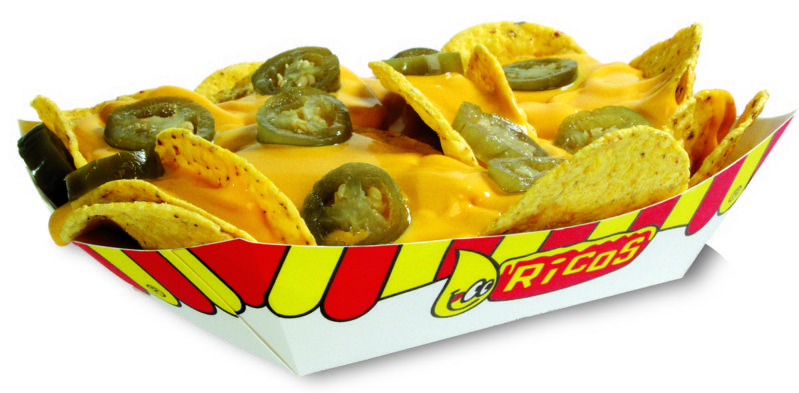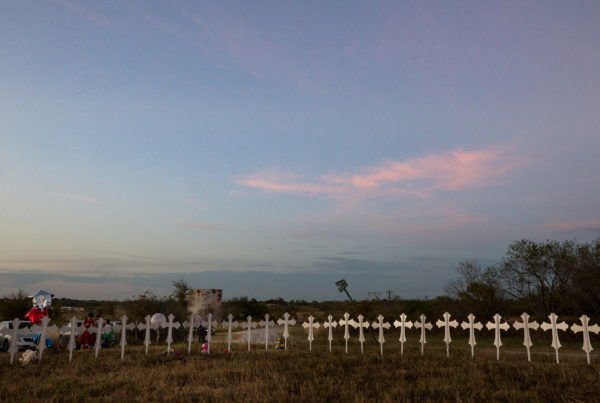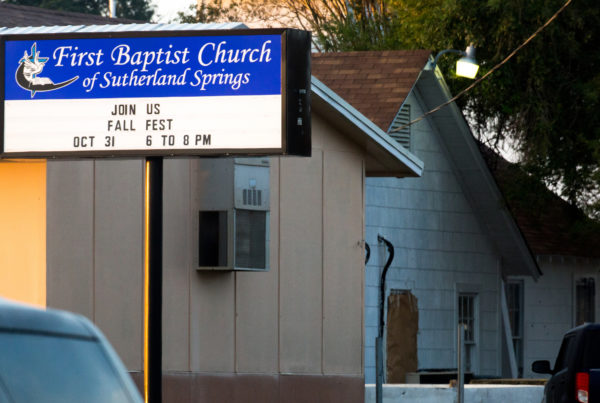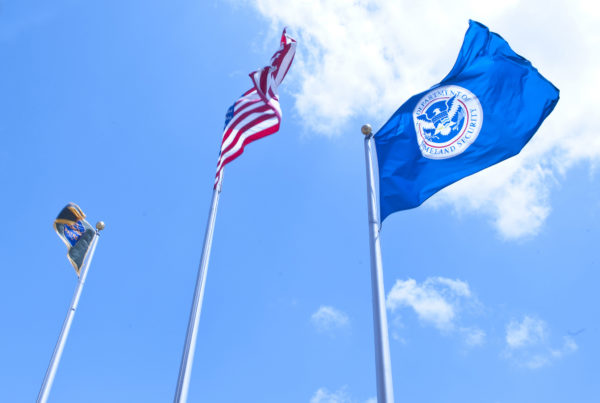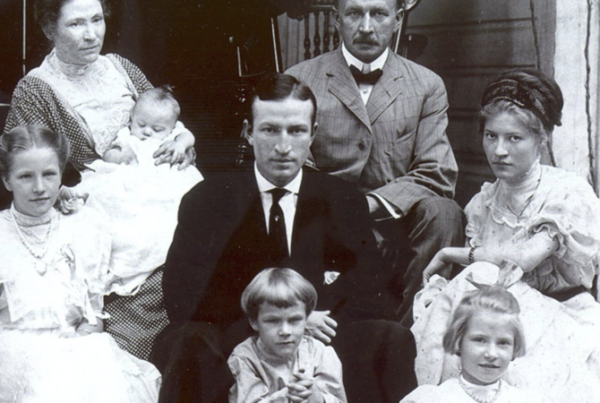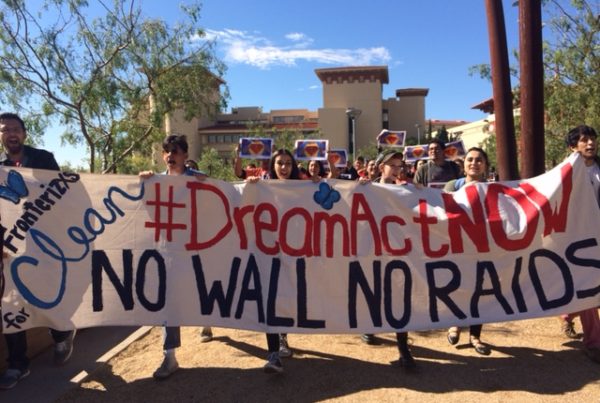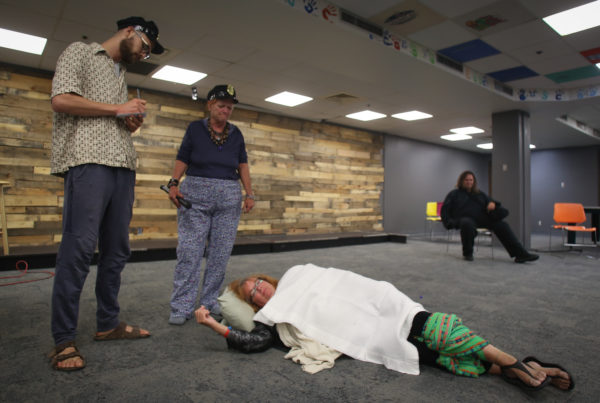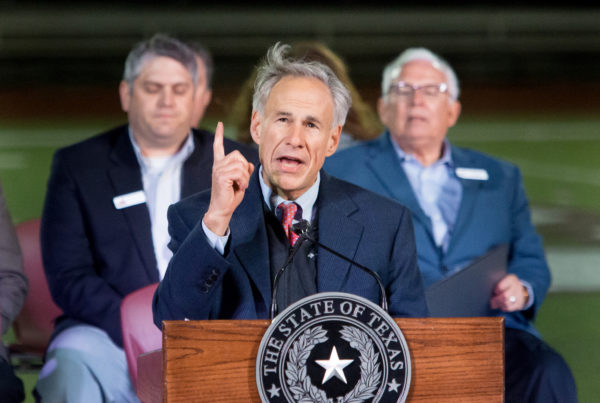From Texas Public Radio:
If you’ve ever gone to a high school football game, a mega sports arena, or a movie theater, you’ve probably had some of those those salty, crispy, cheesy, spicy little paper dishes of nachos.
The “King of Nachos” died on Sunday in San Antonio. Frank Liberto, credited for creating the concession nacho, was 84.
Restaurant nachos were already a thing before Frank Liberto made them a must-have item at the snack bar.
Liberto, a third-generation businessman in San Antonio, was born into concessions. His grandfather started selling peanuts he had run through his coffee roaster to spectators on parade routes and in circuses as they came through San Antonio.
That entrepreneurial spirit spurred Frank Liberto to expand his concession business in the 1970s. And he was inspired by a staple at San Antonio Mexican restaurants.
“The traditional order of nachos is something that’s served over a plate of grated cheese and jalapeños,” says Tony Liberto, Frank Liberto’s son, “and you put it in an oven. It takes, I would imagine, 10 minutes or so to prepare one dish.”
Liberto said his dad knew that wouldn’t work in a concession environment. That’s because the key to a successful concession item would be to sell to somebody fast.
“So he thought, it was just cheese sauce, ‘I could just warm the cheese up in a warmer, throw some chips in a bowl and ladle some cheese over it and throw some jalapeños on it,’ ” he says. “He introduced it to Texas Ranger stadium in 1976 and it became a hit right off the bat.”
Liberto also created a thicker chip that wouldn’t get soggy quickly under melted cheese.
Tony Liberto, president & CEO of Ricos Products, now runs the company his father founded the year after concession nachos burst onto the scene.
“The reason for its success was that it created increased sales for other items in the concession stand,” he says. “The major items were popcorn and hot dogs. Those both rose in sales after nachos were produced.”
Liberto said he wants his father to be remembered as a man who enjoyed life.
“He was somebody that didn’t realize he was working,” he says. “He was an entrepreneur. He always used to say I don’t know what I want to do when I grow up. He was a young spirit at heart.
“Somebody said Frank is somebody who you never forget. You meet him, you never forget him.”


